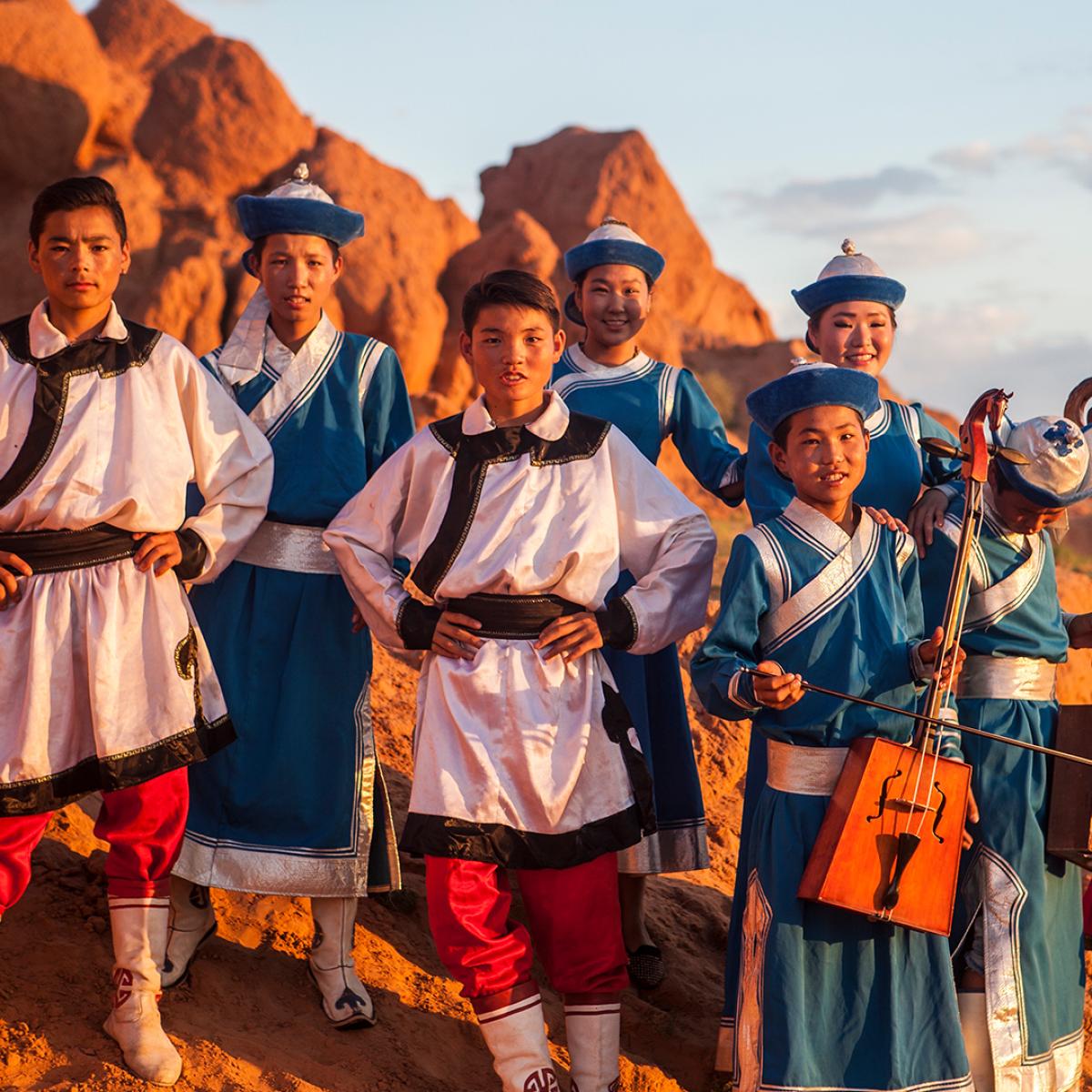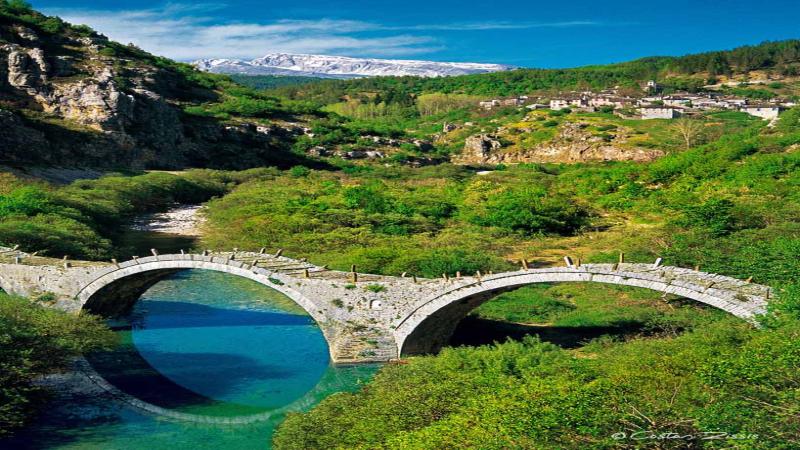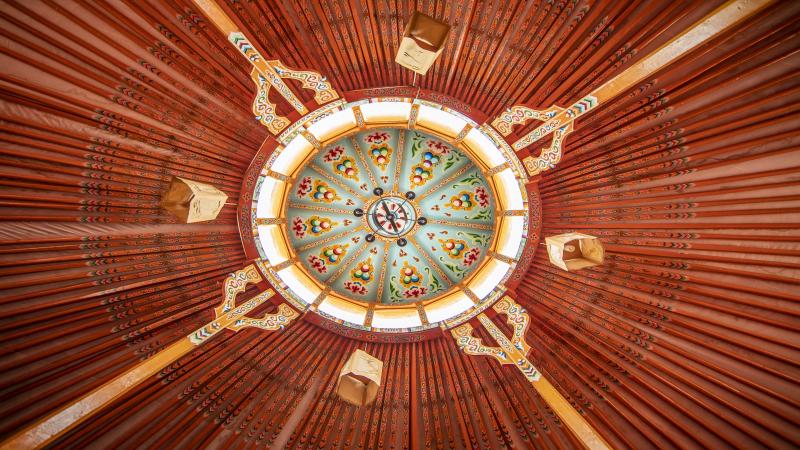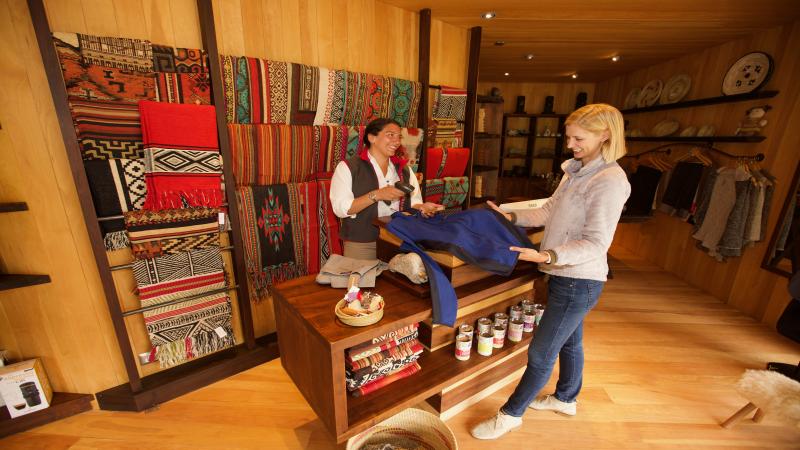
Preserving the World’s Cultures

In the upper northwest region of Greece sits Aristi, one of the most beautiful traditional villages of the region and home to Aristi Mountain Resort. This resort was designed with an appreciation for the history of the Zagori region and its unique cultural identity. It was built in complete harmony with the surrounding landscape in the local traditional architectural style. Only local materials, stone, and wood were used and the resort continues to cooperate with local companies and prioritize local vendors and producers.
Aristi Mountain Resort was among the pioneers working to achieve regional UNESCO designation for the area, which resulted in Zagori Cultural Landscape officially joining the World Heritage List. In addition, the resort initiated the “reappearance” project to restore a section of old cobbled pathways and arched bridges that were once part of the kalderimi network. These ancient paths ran up and down the mountainsides, connecting villages and fields in rural Greece with Istanbul, the capital of the Ottoman Empire. It took four weeks to construct the 60-meter-long pathway, around 65 square meters of dry-stone walls, along with a small public fountain inside the village. Locals and community leaders involved were so excited by the results that they expanded the project on their own, creating a movement to restore and rebuild the pathways throughout the region.

The Aristi Mountain Resort staff is comprised of locals and they work together to increase awareness of the area’s cultural heritage through activities and cuisine offered at the resort. During cooking courses at the Aristi farm, guests learn about the traditional local cuisine and flavors of authentic Greek dishes while preparing a full three-course meal using local produce and hand-picked fresh organic ingredients from the greenhouse. In a sheep wool processing workshop, participants wash the sheep wool, dry it, lay it down, and have the chance to observe the techniques used to create handmade fabrics, such as knitting and weaving on the traditional loom.
Three Camel Lodge celebrates the heritage of the nomadic culture in the Gobi Desert of Mongolia, home to the only living truly horse-based nomadic culture on Earth. About 30% of the Mongolian population is still nomadic, herding animals and moving from pasture to pasture, living the way of life that has been passed on from generation to generation for centuries. It is a rare spot on the planet where visitors can observe the living culture and the way of life of indigenous people. Three Camel Lodge showcases the culture through its design and construction, in activities and excursions tailored to engage guests in Mongolian culture, such as constructing a ger, horseback riding, or practicing archery, and by offering traditional dishes in the lodge's restaurant to promote local culinary traditions.

Beyond celebrating the culture throughout the property, Three Camel Lodge collaborates with local non-profit organizations, museums, and educational institutions to implement programs and projects designed to preserve the cultural heritage, including advocating for and supporting local artists and education initiatives that ensure the continuation of traditions. They are especially proud of the work they do with local performing arts in Gobi schools. Children of herders who are inspired to be musicians, dancers, and other performance artists are supported through direct donations and the purchase of instruments, and students practice their skills through performances for guests. Many go to college with the support of Three Camel Lodge and become professional musicians and dancers, sharing their cultural heritage with the world.
Through the Bankhar Dog and Golden Eagle projects, Three Camel Lodge integrates the preservation of cultural heritage with wildlife conservation in the local community. Reintroducing and protecting these valuable native species has brought attention to these unique cultural traditions, expanded the population of these animals, and preserved the way of life for these nomadic people.
Beyond being one of the most sustainable places to stay in La Antigua, Guatemala, Porta Hotel Antigua inspires its employees to proudly promote their traditions and living cultural heritage in every aspect of service, amenities, and activities at the resort, as well as supporting the local community through acts of service and educational programs. The “Cooks for Hope” program provides scholarships to area residents, enabling them to enter the local tourism industry workforce with an accredited diploma in just eight months, keeping many young people with their families. Beyond encouraging visitors to purchase local artisan products and handicrafts in the resort’s boutique, Porta Hotel Antigua hosts craft shows and business skill workshops that set these traditional craftsmen, many female heads of their households, up for success and build businesses that support their families.

In the picturesque Araucanía region of Chile’s Lake District, andBeyond Vira Vira encourages guests to interact with the fascinating cultural and culinary heritage of Chile’s indomitable Mapuche people and learn about their unique ways of life firsthand. They can enjoy lunch at a traditional ruka, where a Doña Rosario shares cooking techniques that have been shared from mother to daughter for centuries, and continue exploring the nearby village of Curarrehue with a visit to a Mapuche weaver who demonstrates traditional Mapuche skills and techniques as she works the loom. These guest experiences, along with projects that include conservation classes by andBeyond Vira Vira guides for children from the Quelhue Elementary School and the creation of an organic greenhouse and artisan cheese factory stimulate the preservation of a traditional way of life and build cultural awareness.